
The Rise and Fall of Nations
Forces of Change in the Post-Crisis World
Recommendation
The headlines from China, Russia and elsewhere make the vagaries of global economies seem chaotic and unpredictable. How can an investor know which oft-praised economy already is in the tank or which ignored country stands poised for a rally? If you know which signs to look for, events won’t surprise you, argues Ruchir Sharma, a market strategist at Morgan Stanley. In this compelling and elegantly written volume, Sharma outlines the telltale signs that often reveal where any nation is heading. Population growth, current account deficits, currency values and private debt are among the key indicators, along with the impact and “impermanence” of repeating economic cycles. While never giving investment advice, getAbstract recommends Sharma’s insights to investors, policy makers, entrepreneurs and business students.
Summary
About the Author
Head of emerging markets and chief global strategist at Morgan Stanley Investment Management Ruchir Sharma spends one week every month in a different country.


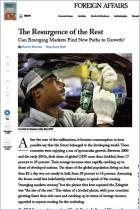
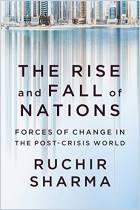
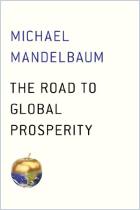
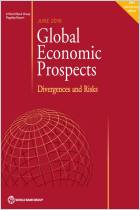
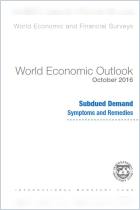
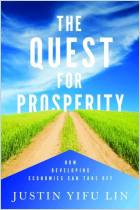
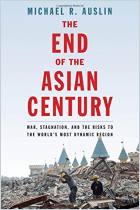





Comment on this summary